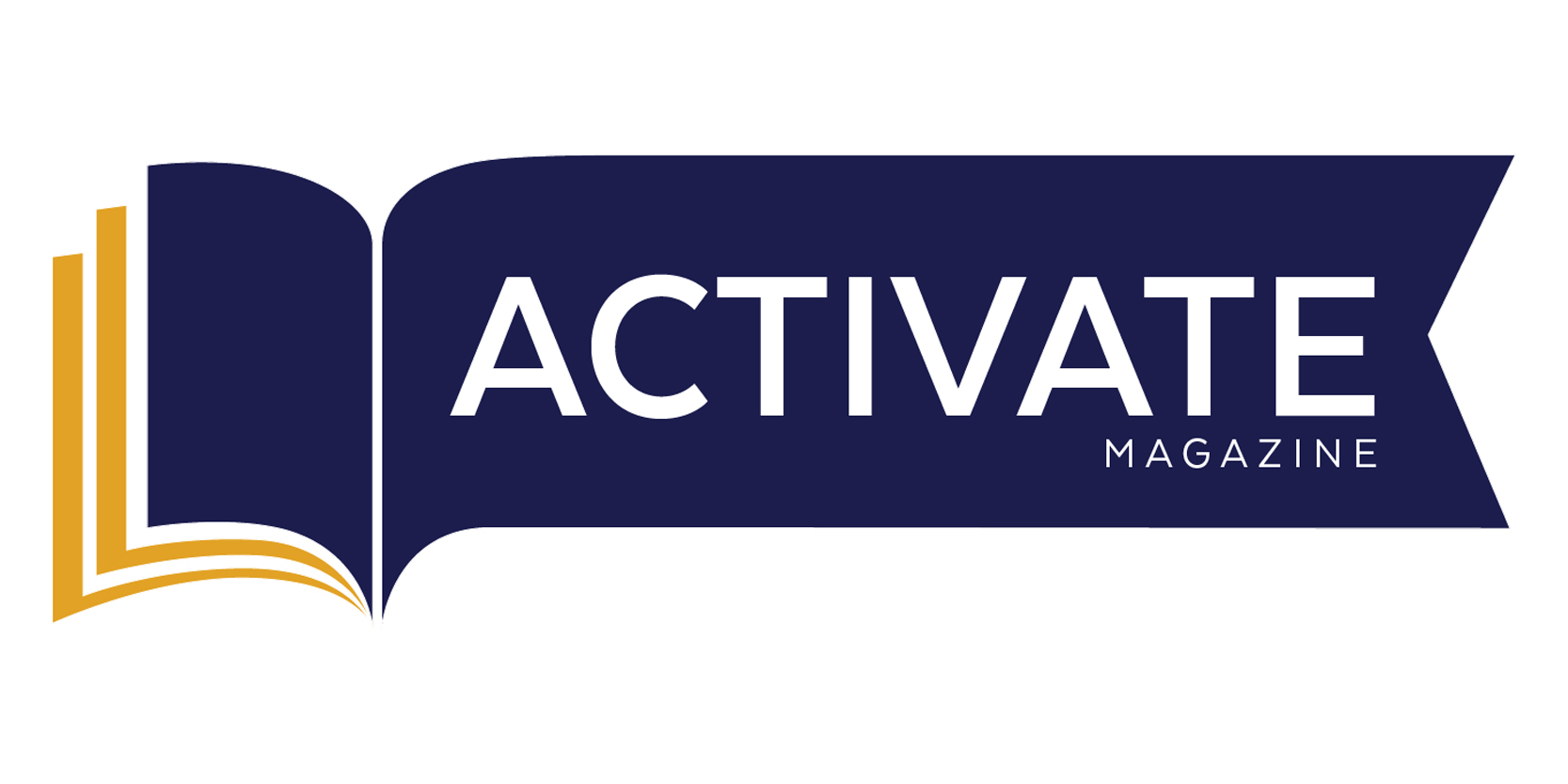As a key resource for business owners, Dakota Business Lending wants to help you find the answers you need to reach your goals and fulfill your dreams.
That is why we are answering YOUR questions about all things financing, entrepreneurship, and small business.
This issue, let’s talk about financing for startup businesses…
What are some common challenges startup businesses face?
One of the biggest challenges that startups face is the unknown: where to start, what resources are available, what the next step, or who to reach out to first. Some startup businesses also may not have the cash or savings required to get started or haven’t truly analyzed their business model to know if their business will actually make money.
Why is financing so hard to get for startups?
Startup businesses often have no proven history, which makes it challenging for financing institutions to truly evaluate the risk. Limited cash for a down payment or no collateral to secure the loan also make this challenging. One of the biggest obstacles, however, is a lack of understanding of financials and projections. As a business owner, it is critical to understand your numbers and where they came from, not only so you can share that information with your lender, but also for your long-term success.
What is required for startup loans?
While documentation requirements will vary depending on the type of loan you are considering, the following items are commonly required to start a loan application:
- Purpose of loan (equipment, inventory, working capital, real estate purchase, etc.)
- Amount requested and how it will be used, including owners’ equity available for down payment
- Business plan
- 2-3 years of business financing projections – income statement, balance sheet, and cash flow as well as explanation of assumptions used for the projections
- Schedule of existing debts
- 2-3 years of personal tax returns
- Personal financial statements from principal owners
- Resumes of principal owners
What credit score is needed to get a startup loan?
The credit score requirements will vary depending on the financial institution, but generally speaking, any credit score below 650 will require some work for improvement. If there are outstanding collections or judgements, those need to be paid. If there is a high frequency of late payments, the borrower needs to find a way to get current. For more information on credits scores and tips and tricks of how to improve them, read our Credit, Schmedit article.
What is the next step if startup financing is denied?
The most important thing to do is to ask why. Seek to understand the reasons why the financing was denied and then go fix it. Don’t be afraid to ask clarifying questions with your lender, or even if they have any advice as to how to fix it. This “no” doesn’t have to stop you from your business venture. Seek answers, find solutions, and keep trying.
Have a question about financing programs, small business, or entrepreneurship? Contact us and allow us to help you get the answers you need to take your business to the next level.


